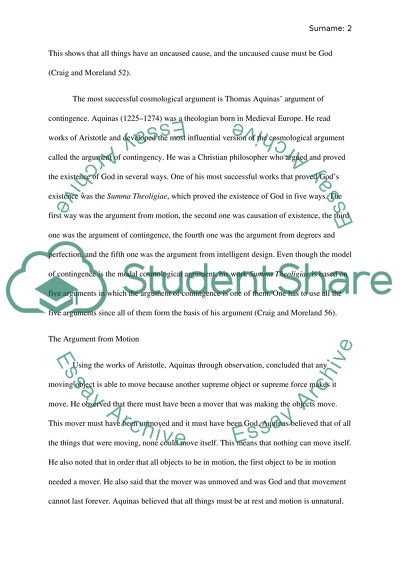Cite this document
(“Cosmological Argument. The forms of cosmological arguments Essay”, n.d.)
Retrieved from https://studentshare.org/philosophy/1459560-what-is-the-cosmological-argument-which-of-the
Retrieved from https://studentshare.org/philosophy/1459560-what-is-the-cosmological-argument-which-of-the
(Cosmological Argument. The Forms of Cosmological Arguments Essay)
https://studentshare.org/philosophy/1459560-what-is-the-cosmological-argument-which-of-the.
https://studentshare.org/philosophy/1459560-what-is-the-cosmological-argument-which-of-the.
“Cosmological Argument. The Forms of Cosmological Arguments Essay”, n.d. https://studentshare.org/philosophy/1459560-what-is-the-cosmological-argument-which-of-the.


